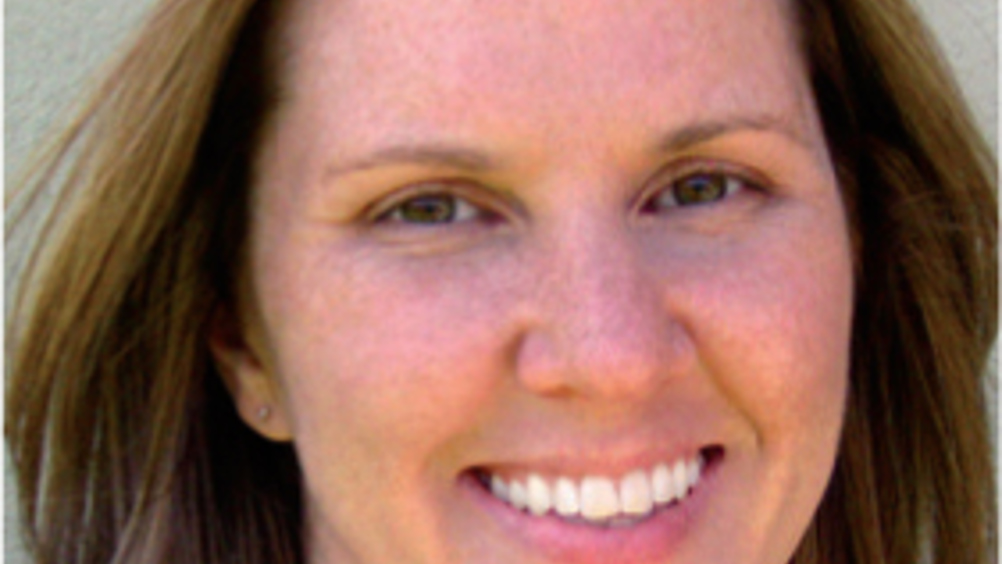I am currently studying towards a PhD. I have no reason to do it, other than it's a personal goal of mine. It won't help my job prospects, or career development, but it will afford me the opportunity to continue to push my own boundaries and delve deeper into areas where I can apply my knowledge so I can better contribute to my professional community.
It's hard for me to admit, but when I look back on the past 15 years, I see I have completed around 100 peer reviews of veterinary publications and I have been published more than 80 times. As I was catching up on recording some recent publications, I noticed for the first time that I have also been cited on many occasions. Being cited is like gold in the scientific community and I really never expected I would receive such an honour from my peers. It's somewhat embarrassing to write all of this, but I wanted to share it as I realise that a lot of my own journey has been inspired by people showing me what is possible and teaching me that as veterinary nurses we can indeed go as far as we are willing to take it. Pushing for higher qualifications in our field is becoming a goal for many of us as we develop our united professional identity.
My point in all of this is that I have been carefully following professionalism of veterinary nurses for nearly 20 years now, but I've only just become aware of the concept of professional identity development. I see now that this is what we as a profession have been evolving towards in the past few years, and it has been accelerating at a rapid rate in the past 3 years. I've been contemplating this now for a few months. Internationally, veterinary nurses are identifying our value in the veterinary community, and are pushing forward towards better pay, better utilisation, legal regulation, professional standards, research, quality improvement and graduate pathways leading to a vast array of potential post-graduate qualifications. Our professional identity is evolving and growing, much as the human nurses did before us, we are setting the stage for leading our profession to significant development of our professional community.
I am continually inspired by the human nursing literature where it is possible to see how graduate and post graduate nurses improve patient care and reduce mortality. Graduate and post graduate nurses are the foundation for the nursing research community and this forms a critical part of enabling nurses to apply evidence-based nursing practice to improve patient outcomes. Nursing leadership is a key area of interest in the nursing literature, and it is clear that leadership development is a strong focus of education now in nursing qualifications. All of these things are contributing to a strong professional identity and we can truly learn from their successes and failures as we develop our own community in the next few years.
There is no denying that the last 3 years have been challenging for us as we grapple with the global veterinary shortage, low pay, underutilisation, and significant mental health concerns in our industry as a whole. Yet despite all of this, we can see a core group of veterinary nurses who have fully embraced their professional career and it is these individuals who are uniting our global community and carrying us into the future with a stronger professional identity. Animal healthcare will always be a vital part of human culture and veterinary nurses are without a doubt a cornerstone of the animal healthcare foundation. Our future is bright, indeed.


